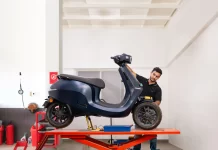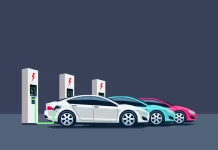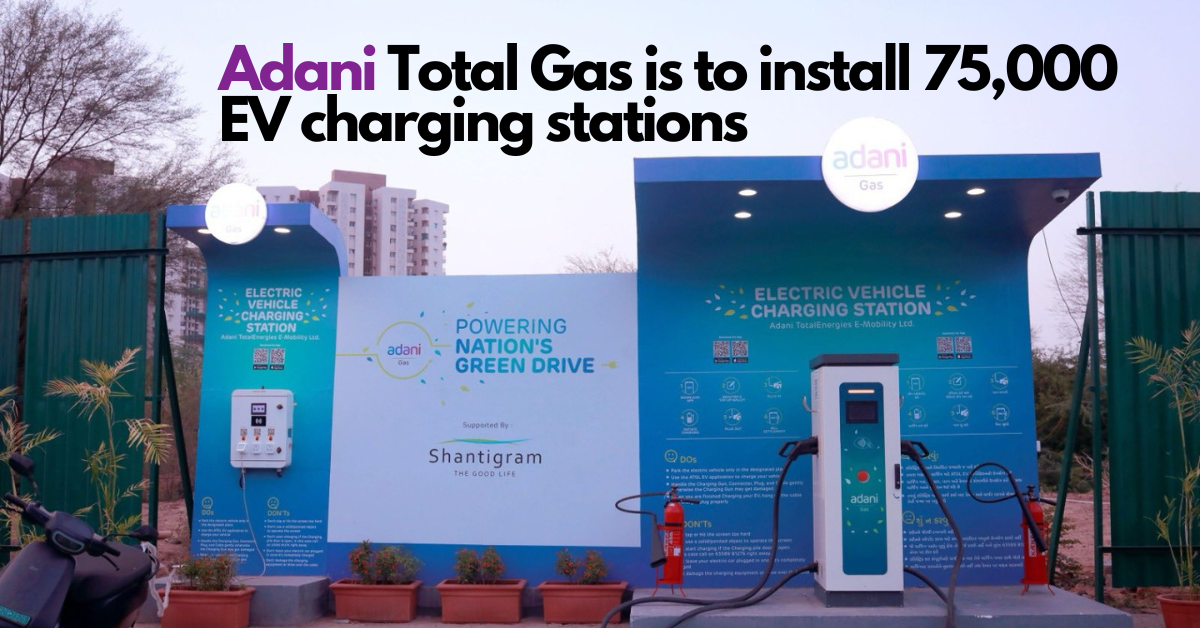
Gautam Adani’s announcement about Adani Total Gas Ltd’s plan to establish 75,000 electric car charging points by 2030 is a significant move toward promoting sustainable transportation. Their focus on CNG (Compressed Natural Gas) and PNG (Piped Natural Gas) aligns with the shift toward cleaner fuels, reducing emissions and dependence on traditional fossil fuels.
The initiative to plant 220,000 trees through the Greenmosphere project also reflects a commitment to environmental conservation. Creating green spaces and offsetting carbon emissions through tree-planting initiatives can contribute positively to the ecosystem.
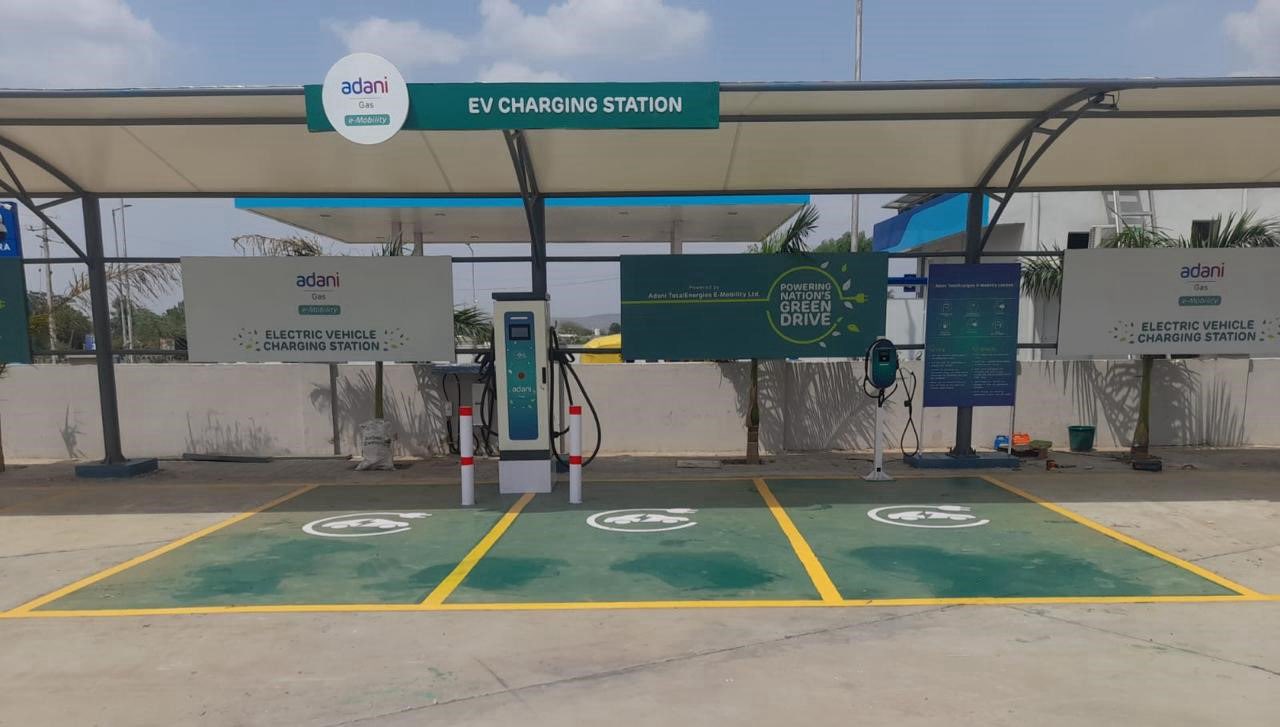
It’s heartening to see such efforts from a major corporation, emphasizing their dedication to sustainable practices and environmental responsibility.
Table of Contents
A Commitment to Environmental Conservation
He also mentioned that all 50 places owned by the group are now using solar panels on their rooftops for power. The chairman of the Adani group also said that their vehicle fleet for operations has fully moved from using diesel to using CNG.
“Adani Total Gas Ltd is on the move! Our massive expansion continues with CNG and PNG, compressed biogas, and e-mobility. We are on target for installing 75,000 EV charging stations by 2030. All of our own 50 sites are now powered by rooftop solar panels. Our operations vehicle fleet, covering 37 million kilometres a year, completely switched from diesel to CNG. Plus, through our ATGL Greenmosphere initiative, we have planted 220,000 trees, cutting down 3,000 tons of CO2 annually,” Gautam Adani posted on X (formerly Twitter).
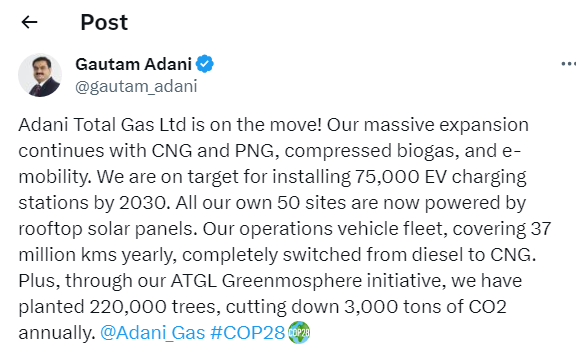
Adani earlier on Thursday announced the Adani Group’s intention to use sustainable methods to transform the cement business.
Paving the Way for Sustainable Cement Production
“Ambuja & ACC are leading a sustainable revolution in the cement industry. Over 90% of our cement production is now blended cements recycling waste fly ash and slag. This significant shift not only enhances the environmental footprint of our cement but also marks a substantial step towards sustainability. Additionally, we are committed to powering 60% of our cement production with renewable energy sources by 2028. This ambitious goal will establish us as a frontrunner in the global arena of sustainable cement production,” he posted on X.
Adani pointed out how Ambuja and ACC, which are part of the Adani Group, are leading a big change to make the cement industry more eco-friendly and better for the future.
He said that more than 90 out of every 100 pieces of cement made by the Adani Group now use different kinds mixed, like recycled fly ash and slag.
Adani’s goal to use renewable energy sources to power 60% of its cement production by 2028 is a fundamental component of its ambition.
Partnerships for a Greener Future
Adani Group’s collaborations with global giants like TotalEnergies in the EV realm signify a concerted effort to leverage expertise and cutting-edge technologies to accelerate India’s EV transition. This aligns seamlessly with India’s objectives to curtail pollution and reduce dependency on fossil fuels.
Contributing to India’s Sustainable Goals
This ambitious plan aligns with India’s goals to reduce pollution and dependency on fossil fuels. As the demand for EVs rises, having a robust charging infrastructure becomes pivotal, and Adani Total Gas aims to be at the forefront of this transformation.

